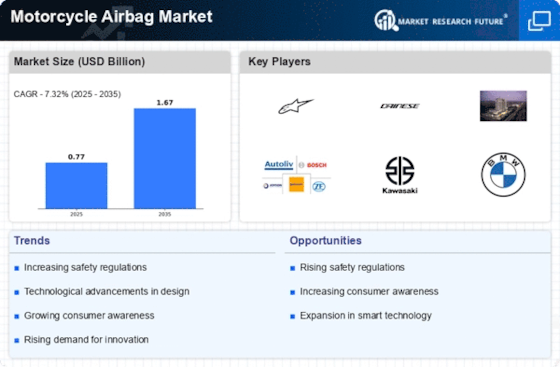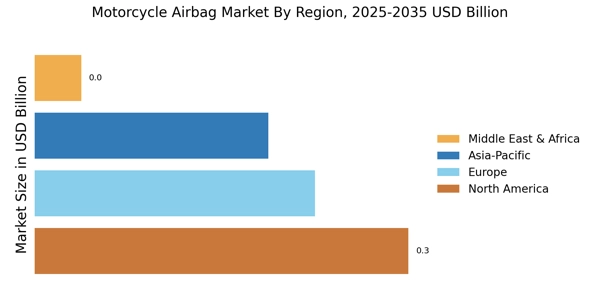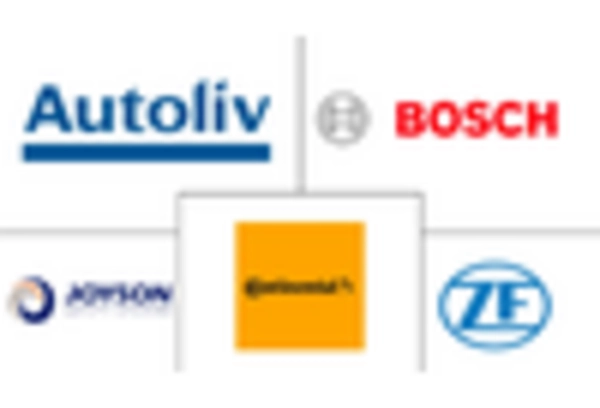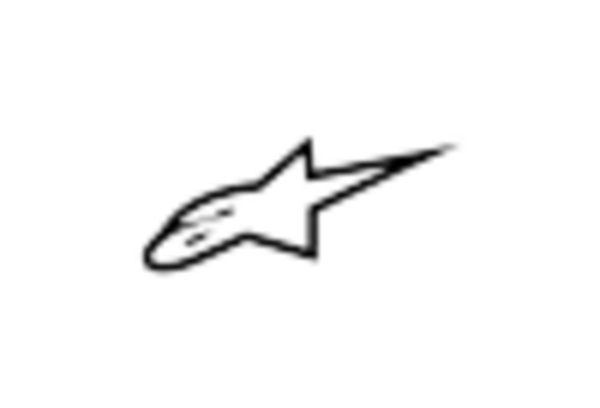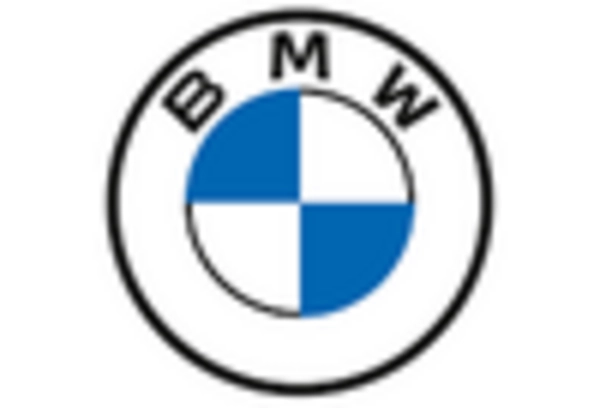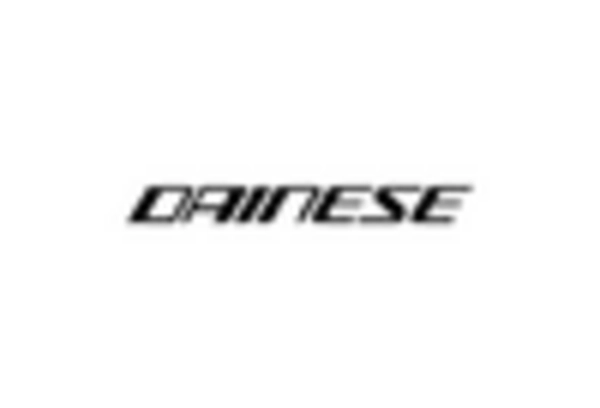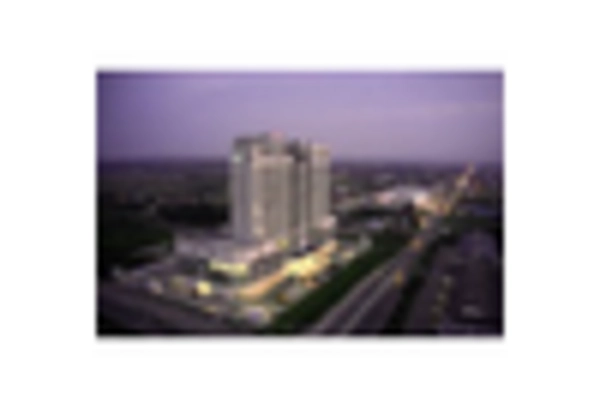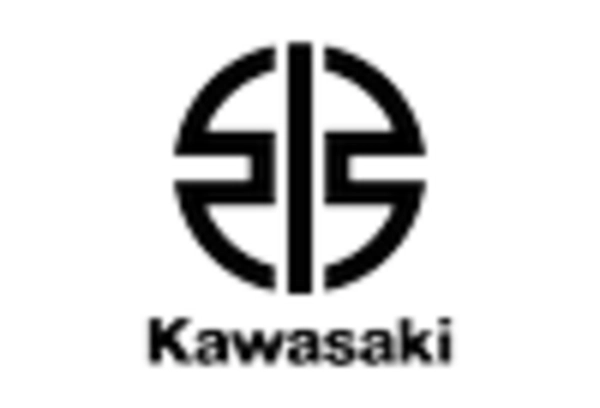Rising Motorcycle Ownership
The Motorcycle Airbag Market is poised for growth due to the rising ownership of motorcycles across various demographics. As urbanization continues to expand, more individuals are turning to motorcycles as a cost-effective and efficient mode of transportation. This trend is particularly evident in developing regions, where motorcycle sales have seen a notable increase. According to industry reports, motorcycle ownership is expected to rise by 15% in the next five years, creating a larger consumer base for safety products, including airbags. As more riders take to the roads, the demand for enhanced safety features is likely to escalate, prompting manufacturers to invest in the development of advanced airbag systems. Consequently, the Motorcycle Airbag Market stands to benefit from this growing trend, as safety becomes a priority for new motorcycle owners.
Regulatory Support and Standards
The Motorcycle Airbag Market is significantly influenced by regulatory support and the establishment of safety standards. Governments are increasingly recognizing the importance of rider safety, leading to the implementation of regulations that encourage the adoption of airbag systems in motorcycles. For example, certain regions have mandated the inclusion of airbags in new motorcycle models, which has spurred manufacturers to innovate and comply with these regulations. This regulatory push is expected to drive market growth, as compliance with safety standards becomes a competitive advantage. Furthermore, as more countries adopt similar regulations, the Motorcycle Airbag Market may witness a harmonization of safety standards, facilitating international trade and product development. The potential for increased market penetration in regions with stringent safety regulations presents a promising opportunity for manufacturers.
Increased Focus on Rider Education
The Motorcycle Airbag Market is also benefiting from an increased focus on rider education and training programs. As awareness of motorcycle safety grows, more organizations and governments are investing in educational initiatives aimed at teaching riders about the importance of protective gear, including airbags. These programs often emphasize the role of airbags in reducing injuries during accidents, which can lead to a greater acceptance of such technologies among riders. Furthermore, as training programs become more widespread, the Motorcycle Airbag Market may see a shift in consumer attitudes, with riders more likely to prioritize safety features when purchasing motorcycles. This cultural shift towards safety consciousness is expected to drive demand for airbag systems, as riders seek to enhance their protection on the road.
Technological Innovations in Safety Gear
The Motorcycle Airbag Market is experiencing a surge in technological innovations that enhance rider safety. Advanced materials and smart sensors are being integrated into airbag systems, allowing for quicker deployment and better protection. For instance, the development of lightweight, high-strength fabrics has improved the effectiveness of airbags while minimizing bulk. According to recent data, the market for motorcycle safety gear, including airbags, is projected to grow at a compound annual growth rate of 8.5% over the next five years. This growth is driven by the increasing demand for enhanced safety features among consumers, who are becoming more aware of the risks associated with motorcycle riding. As manufacturers invest in research and development, the Motorcycle Airbag Market is likely to see a proliferation of innovative products that cater to safety-conscious riders.
Collaborative Efforts Among Manufacturers
The Motorcycle Airbag Market is witnessing a trend of collaborative efforts among manufacturers, which is fostering innovation and expanding product offerings. Companies are increasingly partnering with technology firms to integrate advanced safety features into their airbag systems. These collaborations often result in the development of cutting-edge products that meet the evolving needs of consumers. For instance, partnerships between motorcycle manufacturers and tech companies have led to the creation of smart airbag systems that can adapt to different riding conditions. This trend is likely to enhance competition within the Motorcycle Airbag Market, as companies strive to differentiate their products through innovation. Additionally, such collaborations may lead to economies of scale, reducing production costs and making airbag systems more accessible to a broader audience.


